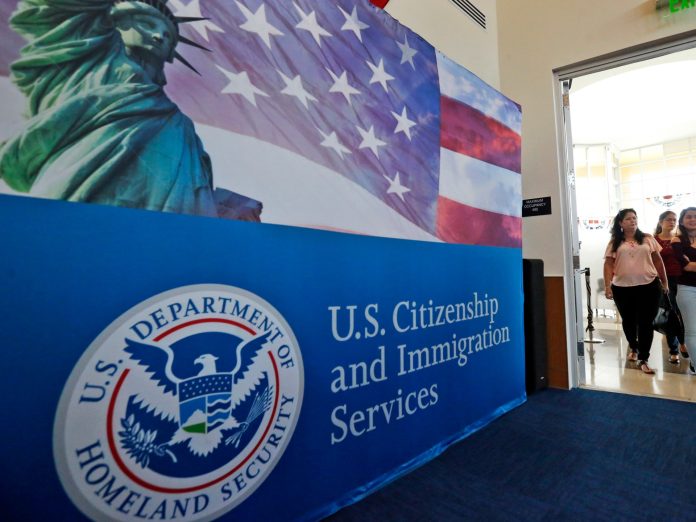A contentious discussion about the shape of strict immigration policies concerning high-skilled work visas has emerged as the primary policy disagreement among influential backers of incoming United States President Donald Trump – just weeks prior to the start of the Republican leader’s new term.
One faction consists of members of Trump’s “Make America Great Again” (MAGA) movement, who are advocating for stricter regulations on the high-skilled H-1B visas as part of the president-elect’s broader commitment to tightening migration and immigration policies.
While Trump’s campaign promises largely centered on the US-Mexico border, he has also suggested other limitations.
On the opposing side are prominent Trump supporters, including tech mogul Elon Musk, who have defended these visas as indispensable for the industrial and economic advancement of the US.
Here is what you need to know.
How did this start?
The recent debate was ignited when Laura Loomer, a far-right personality with close ties to Trump, criticized the president-elect’s choice of an artificial intelligence adviser who argues that the US requires more skilled foreign workers to stay competitive in the technology sector.
Loomer’s criticism, despite her past accusations of racism and spreading conspiracy theories, was quickly supported by various influential figures in the technology industry.
This included SpaceX and Tesla CEO Musk, who has been selected by Trump to lead a government advisory board on efficiency.
In response, Loomer accused tech billionaires of manipulating Trump for their own benefit.
“We must shield President Trump from the technocrats,” Loomer stated in a post on X on December 25.
Who receives H-1B visas?
H-1B visas are usually granted to specialized foreign workers with a bachelor’s degree or higher who have been offered a temporary job in the US at an industry-standard wage.
US authorities can issue 65,000 new H-1B visas annually, with an additional 20,000 for individuals with master’s degrees.
These visas can be extended upon expiry, with over 309,000 approved for continued employment in Fiscal Year 2022, according to US Citizenship and Immigration Services.
About 70% of H-1B visa recipients are from India, with another 10% from China.
What have Musk and other defenders of H-1B said?
Musk has emphasized that the number of exceptionally talented and motivated engineers in the USA is insufficient and has deemed the H-1B program crucial “for those who aspire America to excel.”
In a series of posts on X, which he also owns, Musk expressed his commitment to “fight on this issue.”
Vivek Ramaswamy, a former presidential candidate chosen to work with Musk on the government efficiency board, criticized the program as “badly broken” but does not advocate for its complete elimination, suggesting that visas should be granted based on merit.
Ramaswamy drew criticism from staunch anti-immigration supporters of Trump after asserting on social media that tech companies hire immigrants because “American culture has praised mediocrity over excellence for far too long.”
What about Trump?
Trump shared his thoughts on the matter for the first time on Saturday.
He informed the New York Post: “I have numerous H-1B visas at my properties. I have believed in H-1B.”
“I have utilized it many times,” he remarked regarding his real estate ventures. “It’s a fantastic program.”
However, these statements marked a departure for the president-elect.
In the past, he has criticized the visas as “very bad” and “unfair” to American workers, with his administration seeking to heighten barriers for applicants during his initial term.
Why does this matter?
The ongoing debate highlights a deep divide among early supporters of Trump and those, like Musk, who embraced him only during the 2024 election campaign. Many of the latter, including Musk, have ties to the tech industry and are less inclined to echo nativist rhetoric.
This internal conflict could shape the next four years of Trump’s presidency, with Musk already cautioning of a “MAGA civil war” on this issue.
Several key supporters of Trump during his initial term have joined in, with strategist Steve Bannon denouncing “Big Tech oligarchs” who advocate for the visas.




